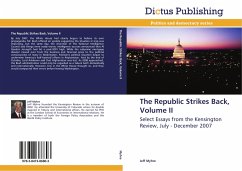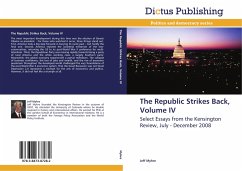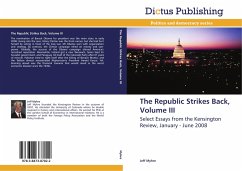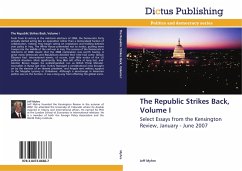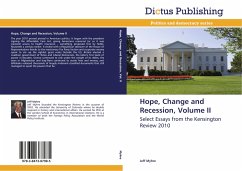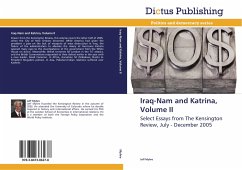By July 2007, the White House had clearly begun to believe its own propaganda. Mr. Bush offered an update suggesting the situation in Iraq was improving, but the same day, the chairman of the National Intelligence Council said things were vastly worse; intelligence sources announced that Al Qaeda's strength had hit a post-2001 high. While the subprime mortgage disaster moved over from the business and financial press to the political consciousness of many in Washington, Pakistan's political situation began to undermine America's half-hearted efforts in Afghanistan. And by the end of October, Lord Ashdown said that Afghanistan was lost. As 2008 approached, the Bush administration could only be regarded as a failure both domestically and internationally. However, few in the White House thought so, and they would compound their errors before leaving Washington.
Bitte wählen Sie Ihr Anliegen aus.
Rechnungen
Retourenschein anfordern
Bestellstatus
Storno

